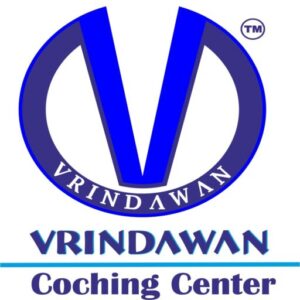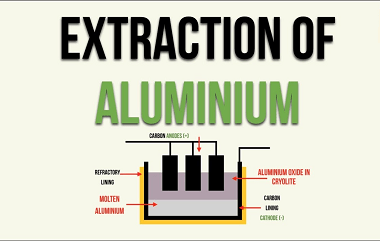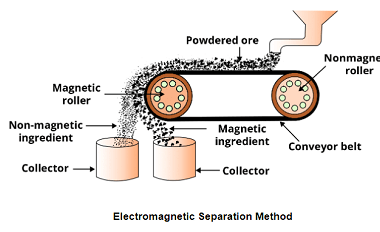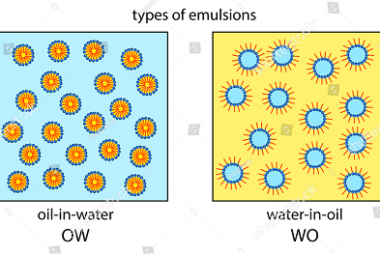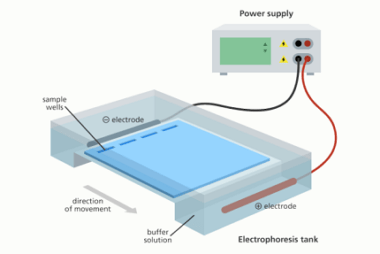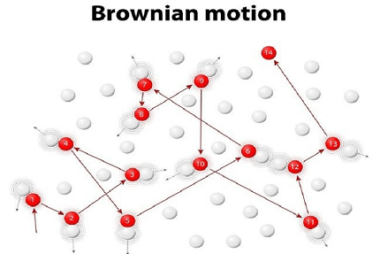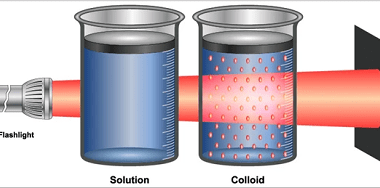Crash Course AIIMS-SYLLABUS Chemistry syllabus Extraction of aluminum
Extraction of aluminum The extraction of aluminum is an important topic in chemistry, particularly in the field of metallurgy. It involves the process of obtaining pure aluminum metal from its ore, which is primarily bauxite. The extraction of aluminum is typically carried out through the Bayer process followed by the Hall-Héroult process. Here is a…
